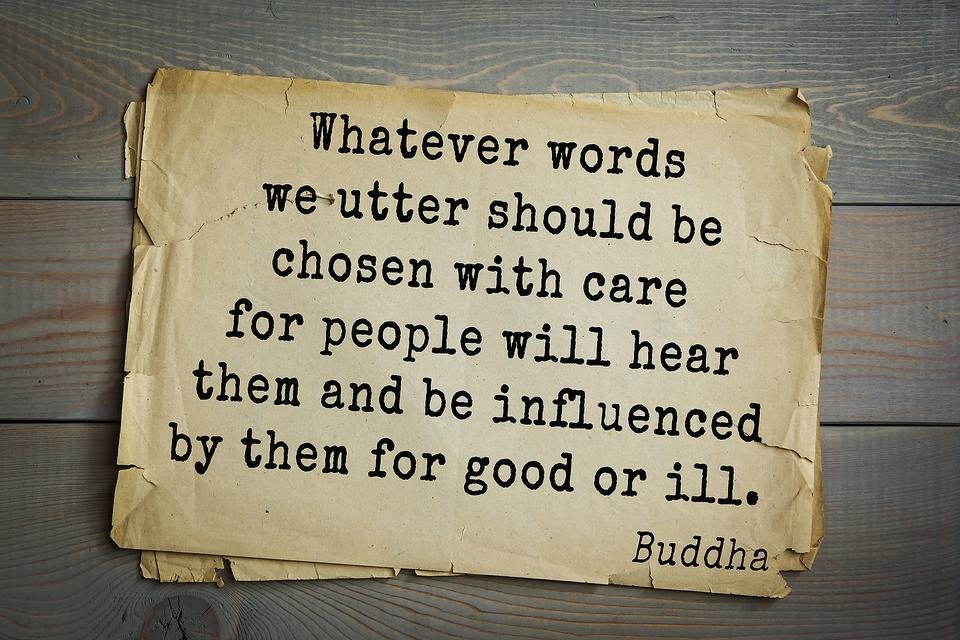Is there any overlap between ASD and ADHD? Their relationship?
ADHD and ASD frequently co-occur. However, very little is known about the neurological underpinnings of the overlaps and differences across these diseases, especially in young adults – a vital period for brain development across executive and psychological domains.Â
ADHD and ASD were studied in young adult samples (mean ages 16–26) utilizing executive functions and electroencephalography (EEG), the most commonly accessible neuroscience technique. The bulk of research concentrated on event-related prospects (ERPs), with others exploring oscillatory methods. Four neurocognitive areas showed overlap and distinct characteristics for ASD and ADHD: attention processing, performance analysis, face handling, and visual processing.
ASD versus ADHD
ADHD is a prevalent neurological disease that affects a lot of kids. Between the ages of 2 and 17, 9.4% of children in the United States suffer with ADHD.
ADHD is divided into three types:
hyperactive-impulsive personality type
A combination that is mostly inattentive
The most frequent variety of ADHD is the mixed type, which includes both inattentive and overactive symptoms.
The typical age of diagnosis is seven years old, and males are far more likely than females to be medicated, however, this might be due to how it manifests.
Another childhood illness, ASD spectrum disorder, is affecting a growing amount of youngsters.
The term ASD refers to a collection of disorders. Cognition, growth, and communication are all affected by these conditions. Males are four and a half considerably more probable than girls to be diagnosed with ASD.
When do they occur together?
There may be a factor why signs of ADHD and ASD are hard to identify from one another when they occur simultaneously. Both of these things can happen around the same moment.
Not all kids can be accurately diagnosed. Only one of the diseases may be to blame for your child’s issues, according to a specialist. Children might have both diseases in some situations.
As per the Centers for Disease and Protection, 14% of children with ADHD also have autism spectrum disorder (ASD). Kids with both disorders experienced more debilitating complaints than children without ASD features, as per 2013 research.
In other terms, kids with ADHD and ASD signs were more likely than other children with only one of the conditions to have learning disabilities and poor social skills.
Understanding the combination
Doctors were hesitant for a long time to label a child with both ADHD and ASD. As a result, only a few medical studies have examined the impact of the combined disorders on children and adults.
For years, the American Psychological Association has maintained that the two disorders cannot be diagnosed in almost the same person. The American Psychological Association (APA) altered its mind about the term “reliable source” in 2013. The (APA) has stated that the two conditions can co-occur in the Pharmacological and Manual Of mental Disorders.
In a review of studies on the founder of ADHD and ASD published in 2014, scientists found that 30 to 50 percent of people with ASD also exhibit ADHD symptoms. Scientists aren’t exactly what causes either condition or why they happen so frequently together.
Genetics may have a role in both diseases. An uncommon gene was identified in one investigation.
How Are ADHD and Autism Diagnosed?
Bertin recommends collaborating with a physician who is knowledgeable about both disorders to get an accurate and complete diagnosis. “The goal of a thorough examination is to identify a child’s qualities and weaknesses,” he says. “Different testing measures attempt to record ADHD problems, brain control, social interaction and communication impairments, stress, mood disturbances, and a variety of other symptoms using a variety of methods.”
However, examinations alone are insufficient. “Trying to get to know a kid and seeking a comprehensive picture of their existence in the real world, a worldwide sense of a future learning and verbal abilities, as well as their play and daily living skills, remains a professional competence for both ADHD and autism evaluation.”
“When Clark was 2, we observed autism-like characteristics like running in loops to the left while twiddling his left hand,” Hutchinson adds. “We first noticed ADHD signs once he began school. He had a difficult time keeping focused.” Clark was diagnosed with ADHD in fourth grade, followed by Aspergers (no longer a separate diagnosis) a year and a half later.
Although it can be stressful for parents to not know what is causing their child’s problems, there’s not always a proper answer. “There are times when, in the short term, we need to put aside the diagnosis argument and concentrate instead on a strategy to fix anything wrong with the kid,” Feeling of inner adds.
























